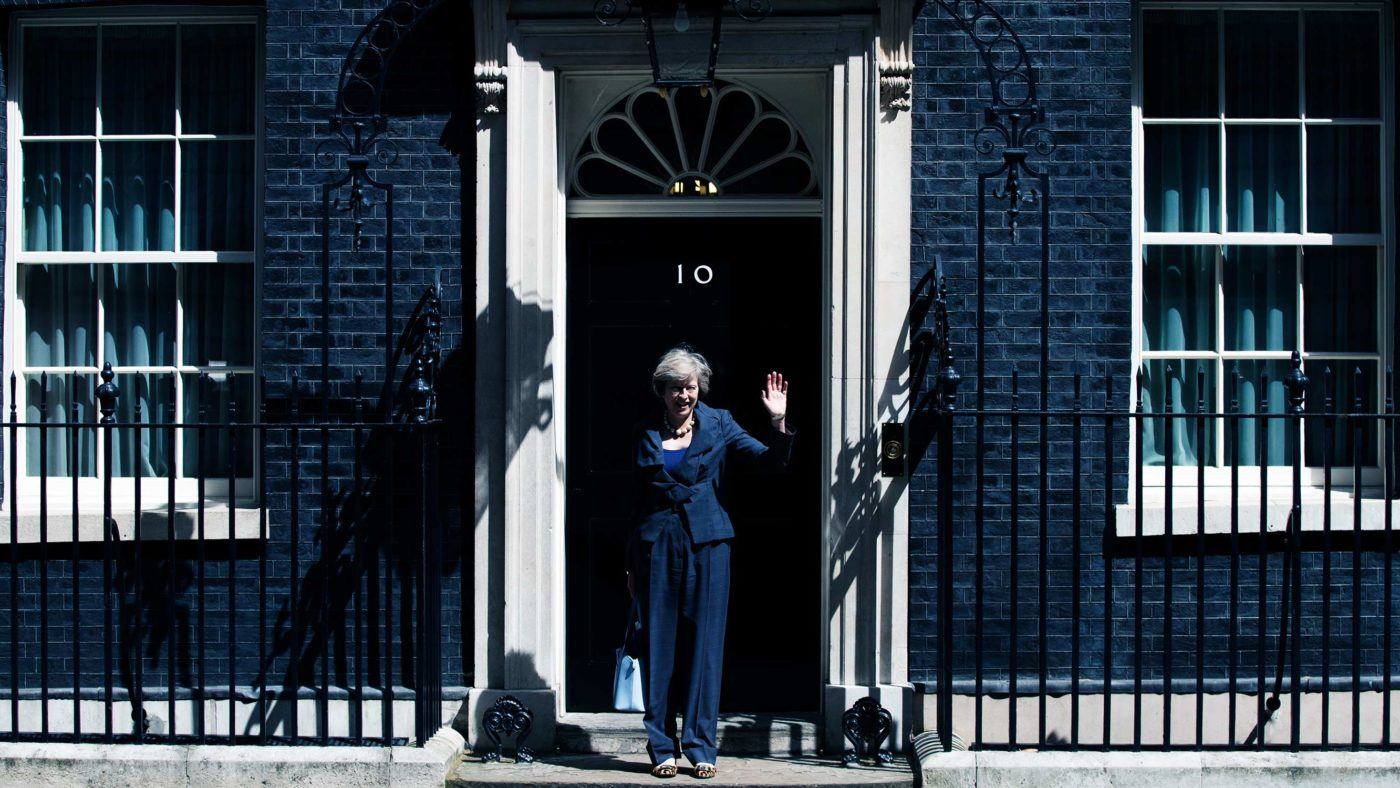There’s an argument that it all started with Eric Joyce. It was his drunken rampage in the Strangers’ Bar, punching and headbutting his fellow MPs and their guests, that meant Labour needed a new candidate in Falkirk. It was Unite’s attempts to stitch up the Falkirk selection that forced Ed Miliband to rewrite Labour’s rulebook to curb union influence.
It was those new rules – including the £3 fee for registered supporters – that enabled Jeremy Corbyn to claim the leadership. It was Corbyn’s quarter-hearted endorsement of Brexit that ensured David Cameron lost the EU referendum. And it was the loss of the EU referendum that led to Theresa May sitting triumphantly atop British politics.
The Eric Joyce theory – put forward on Twitter by my former colleague Luke McGee (and before that by Jane Merrick) – is convincing. But you could offer up any number of alternatives to it.
My book "How Eric Joyce broke everything" is being published in late 2020.
— Luke McGee (@lukemcgee) March 13, 2017
What if David Miliband been very slightly less insistent on running as the heir to Blair, and had beaten Ed rather than narrowly losing to him thanks to the union bloc vote? What if Andy Burnham had opposed the Tories’ welfare cuts during Labour’s next leadership campaign, rather than abstaining? What if Boris Johnson had seen that fateful text from Andrea Leadsom? What if the coup against Dominic Cummings had succeeded? What if David Cameron had got something – anything – on immigration in his renegotiation? What if it had been 48-52 rather than 52-48?
This week, Theresa May published an election manifesto that made it extremely clear that she intends to wrench the Conservative Party, and therefore the country, on to a new course. May’s Conservatism is far more activist and interventionist: the opening section, with its pugnacious rebuttal of small-state Conservatism, repeated the equation (and rejection) of the “socialist Left” and “libertarian Right” that I highlighted earlier this week.
That’s the nature of British politics. If you’re in charge – and if you win an election – you can do what you like. Especially if what you’d like to do strikes a chord with a broad swathe of the electorate (if not many of those within your party, who see free markets and competition as better drivers of prosperity than a strong and active state).
But it’s still striking how such a significant outcome could emerge from such a chain of coincidence and contingency. The last few years have been packed with knife-edge moments and delicate decisions, any one of which could have tilted things the other way.
Theresa May was always going to be a leading contender to succeed David Cameron. But she could not have hoped for him to go so soon, or for her rivals to clear themselves so thoroughly out of her way, or for Labour to be led by the poster boy for unelectable socialism.
One of the eternal debates among historians is the extent to which events are shaped by individuals, or whether the great (and not so great) men and women are merely borne on far deeper currents. Was it the want of a nail that caused the battle to be lost, or was that particular war always going to end with a victory for that side, no matter who the generals were?
In the case of British politics, we are where we are thanks to not just a single nail, but a whole barrel of them. Even on June 24, the odds were that it would be Boris Johnson and Michael Gove, not Theresa May, who would be deciding the direction of Brexit, and of the nation.
Not that Mrs May will care all that much, as she reorients her party and her country as she damn well pleases. But perhaps on June 9 she’ll raise a glass to Eric Joyce, the man who accidentally headbutted his country on to a very different course.
This article is taken from CapX’s Weekly Briefing email, along with a selection of our best stories of the week. You can subscribe here.


